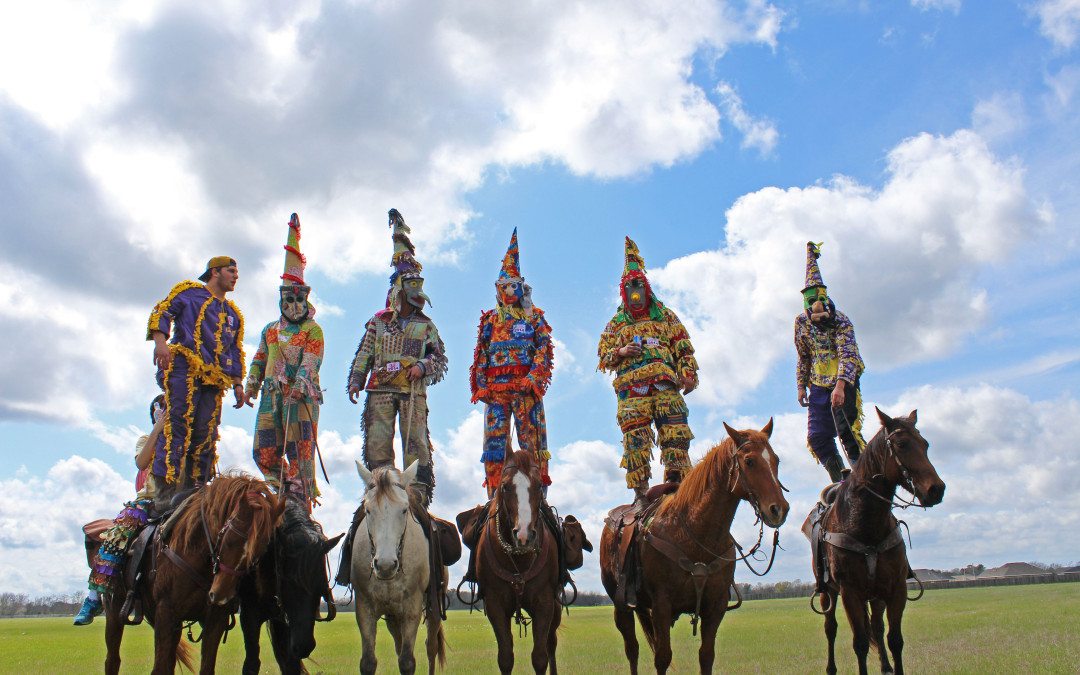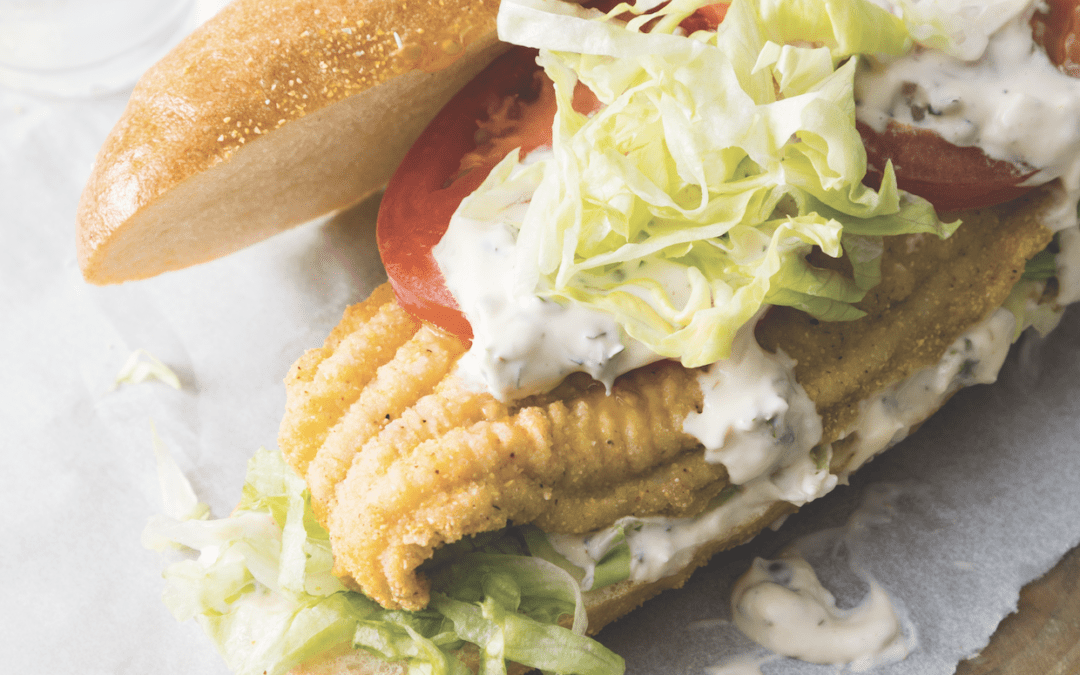The Story of the Real Cajun Mardi Gras and The Walkers Experience Mardi Gras- or Carnival- is celebrated in many cities worldwide with strong...

The Real Cajun Mardi Gras
read more

The Story of the Real Cajun Mardi Gras and The Walkers Experience Mardi Gras- or Carnival- is celebrated in many cities worldwide with strong...

Louisiana, a state celebrated for its rich culinary heritage, continues to captivate the taste buds of locals, transplants, and tourists. Among the...

Embark on a culinary journey as we delve into the enchanting world of King Cake – a delightful treat intertwined with the rich history of...

What is a Poor Boy? A poor boy is a traditional sandwich with deep roots in New Orleans, Louisiana. The sandwich is made out of french bread with...
How Ville Platte got its somewhat unique name remains obscure in the minds of would-be historians seeking the solution thereof. Notations on the...